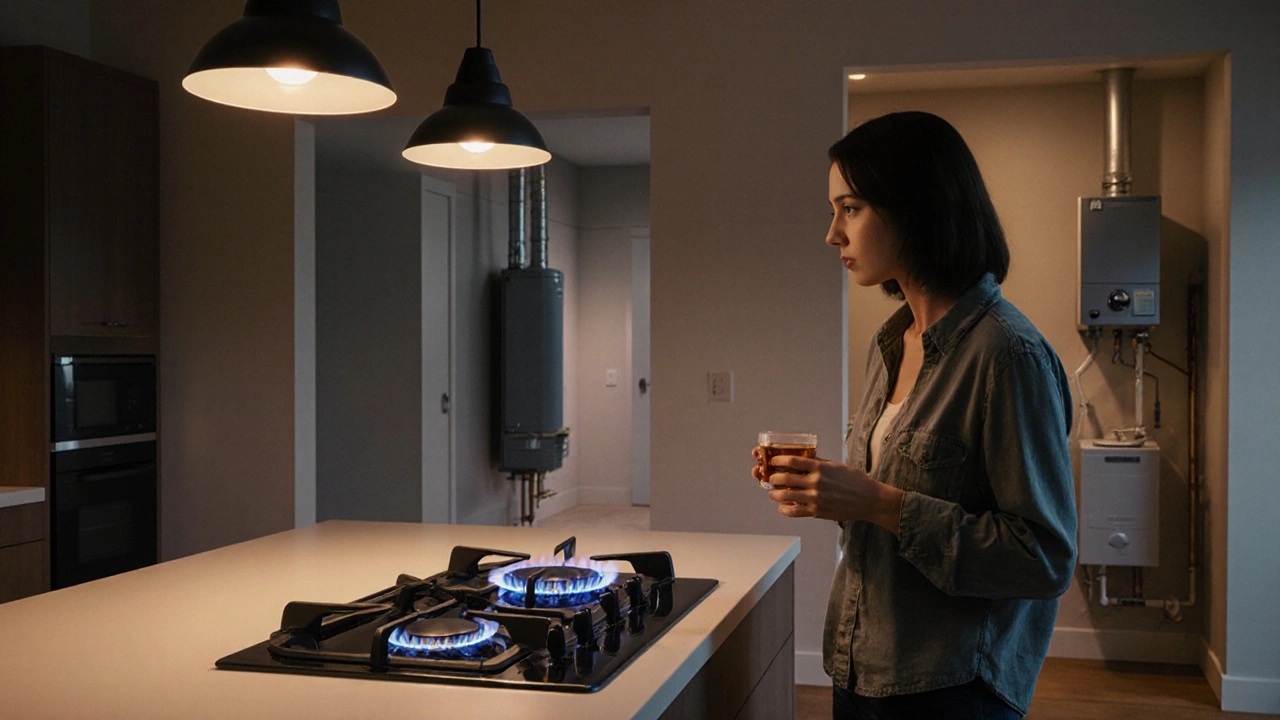Annual Gas Appliance Service: Why It Matters
When planning your annual gas appliance service, a yearly check‑up that ensures gas‑fed devices work safely and efficiently. Also known as gas safety inspection, it helps prevent leaks, carbon‑monoxide buildup, and costly breakdowns. The annual gas appliance service encompasses a thorough gas safety check, inspection of fittings, valves and connections and is required by most insurance policies. A reliable certified technician, someone licensed to work with gas appliances carries out the work, ensuring each step meets legal standards. This service also includes a boiler service, cleaning, pressure testing and efficiency tuning of your heating system, which directly influences your energy bills and the lifespan of the unit. By linking a gas safety check with routine boiler service, homeowners gain a single, cohesive plan that keeps every gas‑powered device—from cooktops to water heaters—in top shape.
What the Service Looks Like on the Ground
First, the technician arrives with the right tools – a gas leak detector, pressure gauge and carbon‑monoxide meter – and begins with a visual inspection of all visible components. They then test for leaks using a soap‑solution method or electronic detector, a step that directly prevents dangerous gas escapes. Next comes the performance check: burners are lit, flame patterns are observed, and ignition systems are verified. For boilers, the process includes flushing the system, checking the heat exchanger for corrosion, and calibrating the thermostat. Throughout, the technician records findings on a service report, noting any parts that need replacement soon. If anything is out of spec, a follow‑up repair is scheduled, because catching a problem early avoids a full‑scale failure later. The service also covers paperwork – a gas safety certificate is issued, satisfying landlords, insurers and local regulations. Homeowners benefit from a clear record of maintenance, which can boost property value and simplify future resale negotiations.
Beyond the checklist, the service offers peace of mind. Knowing a qualified professional has verified that your gas appliances are operating within safe limits means you can cook, shower or heat your home without constantly watching for warning signs. It also translates into lower energy costs; a well‑tuned boiler uses less fuel, and a clean burner delivers consistent heat. With this foundation, you’ll find the articles below address common fault signs, maintenance tips, and cost‑saving strategies that build on the benefits of a solid annual service. Dive in to see how each piece fits into a safer, more efficient home.

Gas Appliance Inspection Frequency: How Often Should You Schedule Checks?
Learn the ideal inspection intervals for gas furnaces, water heaters, stoves, dryers, and more. Get safety tips, a DIY spot‑check guide, and a complete maintenance checklist.